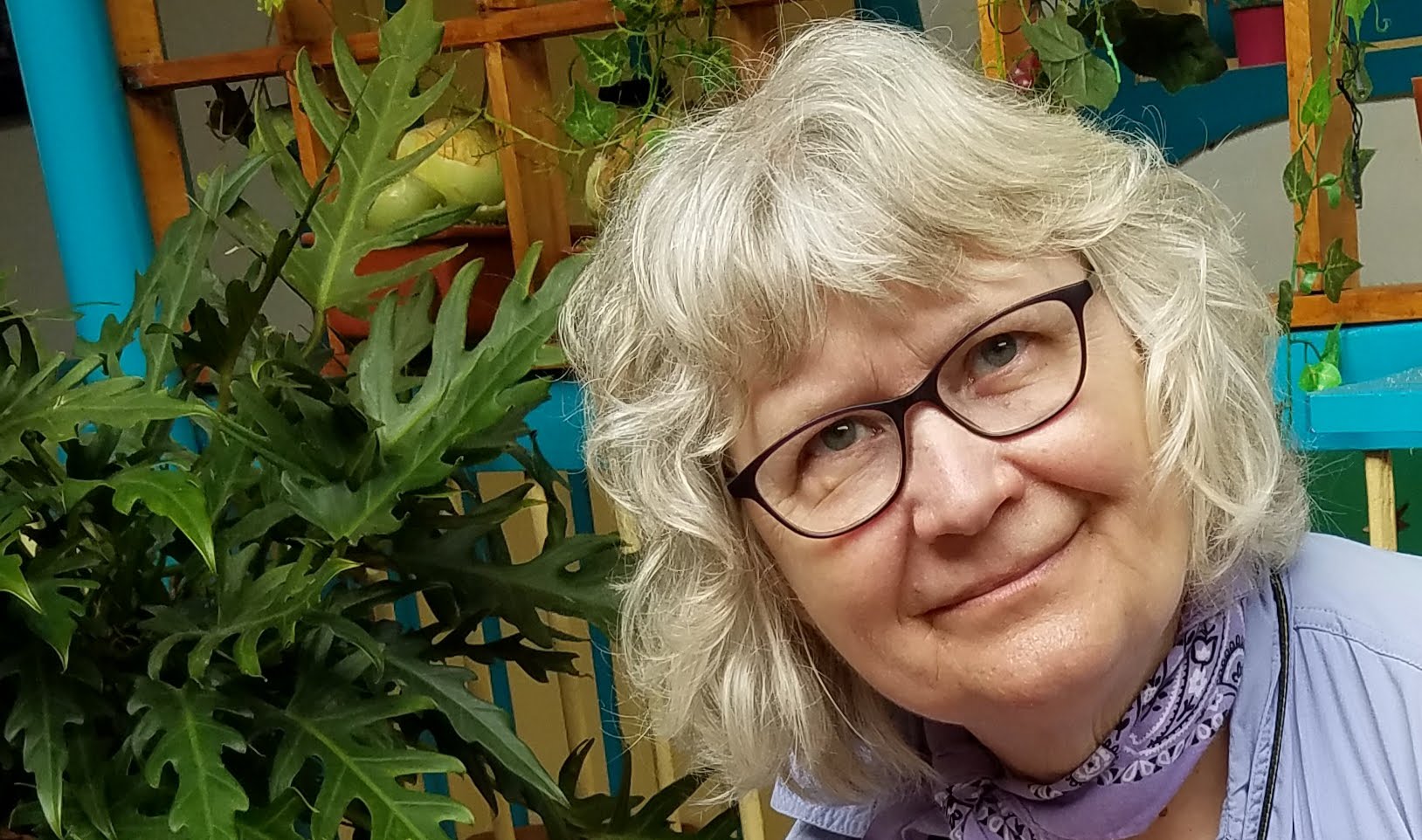Lisa Halliday’s debut novel Asymmetry is the best I’ve read this year, but I’m not going to go around recommending it. It’s just not for everybody. It’s not going to entertain you, unless you have a demented taste for the boring details of caring for a very old lover or you want to revisit the destruction of Iraq. I’m simply in awe of her achievement. She solved a literary problem by creating something completely new.
The problem, as stated by Ezra, the incorrigible old lover, who also happens to be a Nobel Prize-winning novelist, is this:
“I was constantly trying to shoehorn characters into each other’s lives, planting them on street corners or cafes together so that they could talk. So that they could explain things to each other, from across the great human divide. But it was all so contrived. Contrived and meddlesome, really, because sometimes you just have to let your characters get on with it, which is to say coexist. If their paths cross and they can teach each other something, fine. If they don’t, well, that’s interesting, too . . . at least you haven’t betrayed the reality of things” (256).
Halliday chooses to avoid this problem by writing two stories that should intersect, but don’t. Instead of resolving the asymmetry between the two stories, she nudges the reader to the realization that death and catastrophe are poised and waiting do the job.
There are two other problems Halliday chooses to state and then artfully ignore. The first is the problem of using a novel to preach: “Politics in imaginative work is like a shot in the middle of a concert. The noise is deafening but it imparts no energy” (228). Halliday dispenses with this prescription, writing with energy and clarity about the consequences of the Bush administration’s decision to invade Iraq.
The second problem is trying to depict people of another culture, especially from a position of privilege. One character quotes Stephen Crane from An Episode of War to make this point: “It perhaps might be said–if anyone dared–that the most worthless literature of the world has been that which has been written by the men of one nation concerning the men of another” (225).
Another character answers in protest: “wasn’t it also Crane who said that an artist is nothing but a powerful memory that can move itself at will through certain experiences sideways?”(226).
A character who is an experienced foreign correspondent addresses the issue with “an old saying”: “the foreign journalist who travels to the Middle East and stays a week goes home to write a book in which he presents a pat solution to all of its problems. If he stays a month, he writes a magazine or a newspaper article filled with ‘ifs,’ ‘buts,’ and ‘on the other hands.’ If he stays a year, he writes nothing at all” (197).
Halliday is a novelist, not a journalist, and she is not deterred. She just moves sideways, illustrating the risks of ignoring the rest of the world:
“Lulled by years of relative peace and prosperity, we settle into micromanaging our lives with our fancy technologies and custom interest rates and eleven different kinds of milk . . . . We trust that someone else is looking after the civil liberties shop, so we don’t have to. Our military might is unmatched and in any case the madness is at least an ocean away. And then all of a sudden we look up from ordering paper towels online to find ourselves delivered right into the madness” (260-261).
She insists that the literary artist has no choice but to imagine her way into someone else’s experience with the words of her novelist character Ezra about the “delusional ones” who write books:
“We have very little choice other than to spend our waking hours trying to sort out and make sense of the perennial pandemonium. To forge patterns and proportions where they don’t actually exist. And it is this same urge, this mania to tame and possess–this necessary folly–that sparks and sustains love” (269-270).
It may be folly to fall in love with a dying man, and it is probably madness to attempt to imagine the enemy’s country in the geography of war. Even worse, perhaps, to spend my time reading a novel about the last war while ignoring the circumstances that will produce the next one.
But some of us are not deterred.
Read more about Halliday and Asymmetry in The New Yorker


